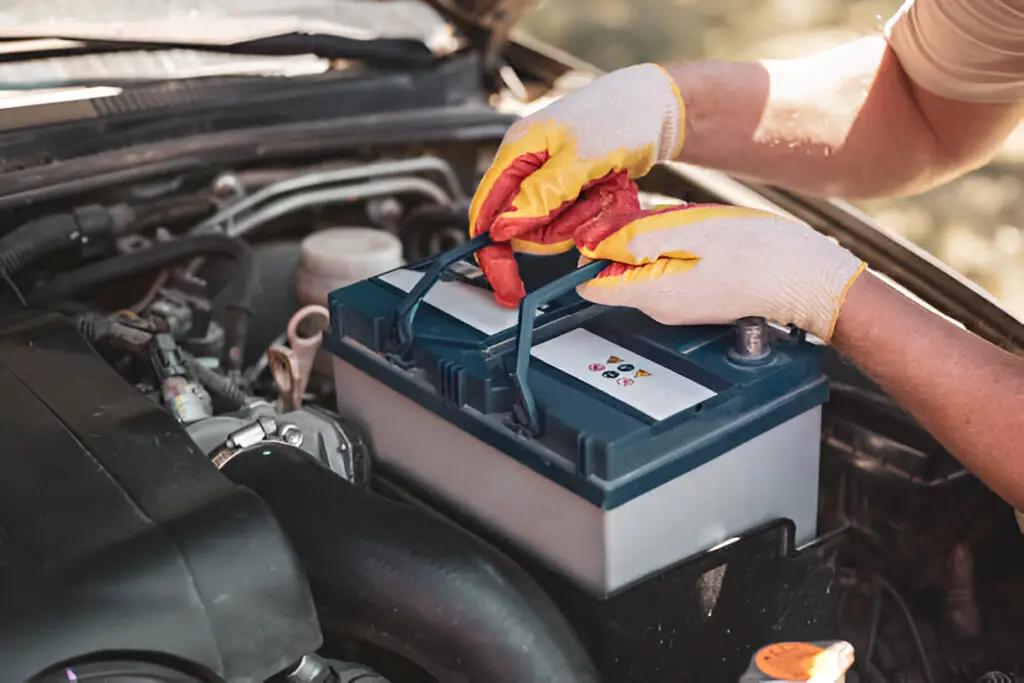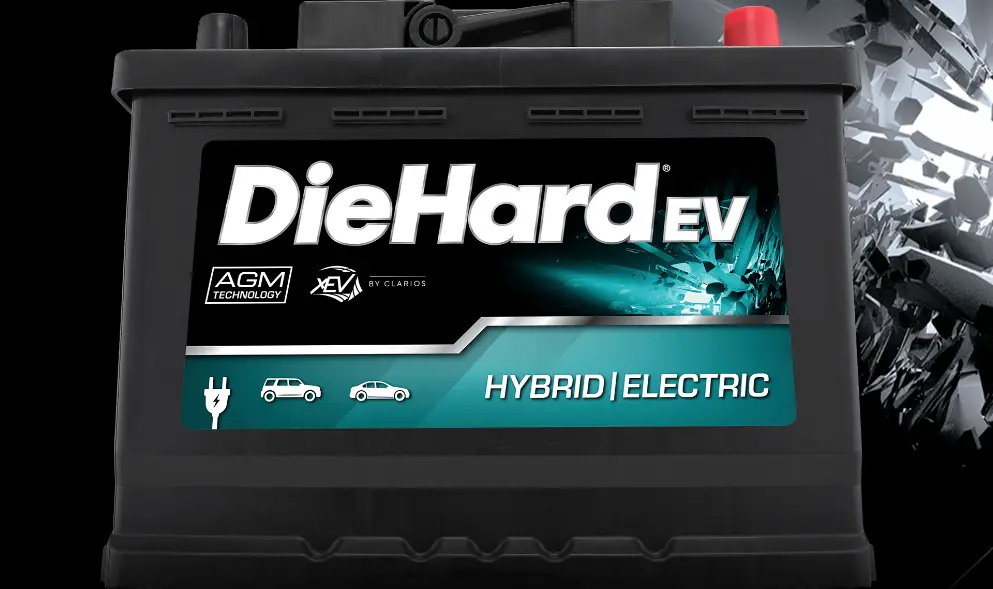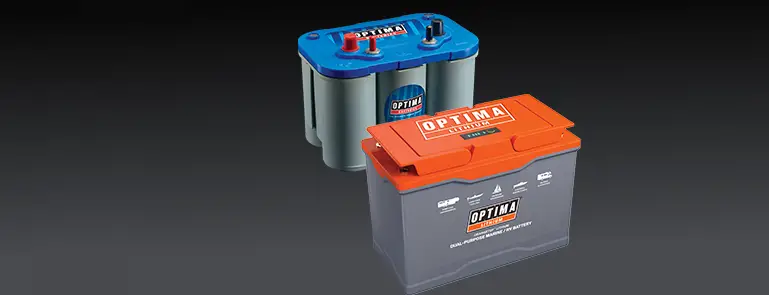When choosing a car battery, it’s important to avoid brands that are known for poor performance, such as certain models from DieHard, Optima, Exide, and lower-end versions of Duralast and ACDelco. These brands have been criticized for issues like short lifespan, inconsistent performance, and inadequate warranty support.
When it comes to vehicle maintenance, the car battery is a vital component that keeps everything running smoothly. A poor-quality car battery can lead to a range of problems, including shorter lifespan, frequent maintenance issues, and even complete vehicle breakdowns. While many brands in the market provide excellent performance and reliability, there are a few that, for various reasons, have developed a reputation for underperformance.
In this article, we will examine car battery brands that have received negative feedback from customers and experts alike. We will also discuss the reasons behind their poor reputation and offer tips on how to make a better choice for your vehicle.

Contents
- 1 Importance of Choosing the Right Car Battery
- 2 Car Battery Brands to Avoid
- 3 Frequently Asked Questions
- 4 Conclusion
Importance of Choosing the Right Car Battery
A car battery plays a crucial role in starting your vehicle, powering electrical systems, and maintaining overall performance. Poor battery quality can result in frequent jump-starts, electrical failures, or even getting stranded in the middle of nowhere. Choosing a reputable brand ensures durability, longevity, and overall reliability.
Now, let’s look at some car battery brands that have gained notoriety for underperforming.
Car Battery Brands to Avoid
Here’s a list of car battery brands that are generally considered less reliable or should be approached with caution based on customer reviews, manufacturing issues, or quality concerns:
a. DieHard Batteries (Certain Models)
DieHard is a brand that has traditionally been associated with reliability, but in recent years, some of their newer models, particularly the lower-tier versions, have drawn criticism. Customer reviews highlight issues like poor longevity and problems with holding a charge. DieHard batteries, particularly some of their entry-level models, are known for failing within a short period compared to higher-end brands. It’s worth noting that not all DieHard models are bad, but customers have reported issues with inconsistent quality.

b. Optima Batteries
Optima has built a name for itself in the high-performance car battery market, particularly with its AGM (Absorbent Glass Mat) batteries. However, recent years have seen an increasing number of customer complaints. Many users have reported poor battery life, charging issues, and higher-than-average failure rates. In some cases, users have had batteries fail within a year, despite their premium pricing. The most common criticism is that Optima batteries don’t offer the value that their higher price tags suggest.

c. Exide Batteries
Exide is one of the oldest and largest battery manufacturers in the world. However, in recent years, their reputation has taken a hit due to quality control issues. Customers have reported inconsistent performance, shorter lifespans, and problems with warranty claims. Some Exide batteries, especially in the budget range, tend to suffer from rapid sulfation, which reduces their ability to hold a charge. The company’s frequent bankruptcy filings and financial troubles have also affected consumer confidence.

d. Duralast Batteries (Low-End Models)
Duralast batteries are generally considered affordable and readily available at AutoZone stores. However, their lower-tier batteries have been criticized for being unreliable and failing prematurely. Many customers report that these budget models do not perform well in extreme weather conditions, whether hot or cold. As with DieHard, Duralast’s premium models tend to perform much better, so it’s really the low-end versions that you may want to avoid.

e. ACDelco Batteries (Lower End Models)
ACDelco is a reputable brand that supplies batteries to major automakers like General Motors. However, like some other brands, their lower-tier models have been associated with performance issues. ACDelco’s budget offerings are known for short lifespans and inconsistent quality. Many customers have reported problems with these batteries dying within a year or two, which is much less than the typical 3-5 years expected from a good battery. Their higher-end models tend to perform well, but it’s best to avoid the cheaper options.
Common Factors Behind Poor Battery Efficiency
The brands listed above are often criticized due to specific issues that can plague any battery if proper quality control and testing are not applied. Here are some of the common problems with low-quality car batteries:
a. Poor Longevity
Many of the car batteries that receive negative feedback have issues with longevity. A good car battery should last anywhere from 3 to 5 years, but some of the brands on this list fail much earlier, leaving consumers stranded or in need of frequent replacements.
b. Inconsistent Performance
A common complaint is inconsistent performance, especially in extreme weather conditions. Batteries that perform poorly in cold or hot climates can lead to a frustrating experience, as they often fail to start when needed most.
c. Inadequate Warranty Support
Another issue associated with subpar car battery brands is their warranty support. Companies that don’t stand behind their products make it difficult for customers to get replacements or refunds when their batteries fail prematurely.
d. Quality Control Issues
Some of these brands have quality control issues that result in defective products being sold. Whether it’s due to poor manufacturing standards or cutting corners in production, this can lead to a higher rate of returns and complaints.
How to Choosing the Right Car Battery
Choosing the right car battery involves more than just going for the cheapest option. Here are some tips to ensure you get a reliable product:
Check Reviews: Always research customer reviews and professional testing results for the specific model you’re considering. Some brands might have different tiers of products, so make sure you’re selecting a model with a good reputation for performance and longevity.
Look at the Warranty: A good car battery will come with a strong warranty, often 3-5 years. Be wary of brands that offer only a short-term warranty, as this can indicate a lack of confidence in their product’s durability.
Consider the Climate: Batteries are sensitive to temperature extremes, so choose a battery that is rated for your local climate. Some brands perform better in cold weather, while others excel in heat.
Stick with Trusted Brands: Brands like Bosch, Interstate, and Odyssey have developed strong reputations for delivering quality batteries. While they might be more expensive than some budget options, they are often worth the investment due to their reliability and longer lifespan.
Check Manufacturing Date: Always check the manufacturing date on the battery before purchasing. Batteries begin to lose their effectiveness over time, even when not in use. A fresh battery (ideally less than 6 months old) will give you better performance than one that has been sitting on a shelf for over a year.
Frequently Asked Questions
Here are some FAQs about bad car battery brands –
1. Why do some car batteries fail sooner than others?
Car batteries fail sooner due to factors like poor manufacturing quality, extreme temperature conditions, insufficient charging, and low electrolyte levels. Cheap or defective materials used in production can also lead to premature failure.
2. How can I tell if my car battery is going bad?
Common signs include slow engine crank, dimming headlights, and the battery warning light on your dashboard. If your battery is more than three years old, it’s a good idea to have it tested regularly to avoid unexpected failure.
3. What is the average lifespan of a car battery?
On average, a car battery lasts about 3 to 5 years. However, this can vary based on the brand, driving conditions, and how well the battery is maintained.
4. Are expensive car batteries worth it?
More expensive car batteries often come with higher quality materials, better warranties, and longer lifespans. While budget options can work in the short term, investing in a higher-end battery usually saves money and hassle over time.
5. Can extreme weather affect car battery performance?
Yes, extreme weather—both hot and cold—can significantly affect car battery performance. Cold weather makes it harder for the battery to provide the power needed to start your car, while excessive heat can cause the battery to overheat and lose charge capacity.
Conclusion
Choosing the right car battery is essential for maintaining your vehicle’s reliability and performance. While there are many good brands available, it’s important to be aware of the ones that have received negative feedback due to issues like poor longevity, inconsistent performance, and warranty troubles. By staying informed, checking reviews, and investing in a reputable brand, you can ensure that your car battery won’t leave you stranded when you need it most.